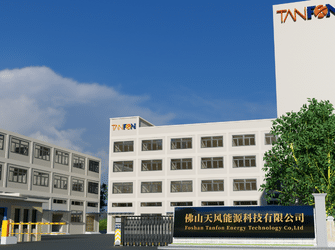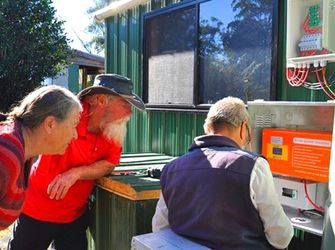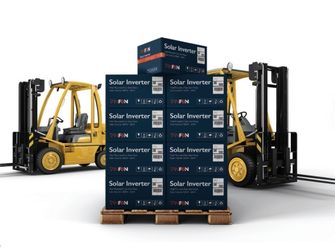Top 10 Solar Project Solution Factory In China
Regarding the restaurant located in Johannesburg, South Africa, we recommend installing a 100KW solar power system. Currently, the restaurant, along with a toy factory and a shop, operates within the same complex, with one main switch and three sub-switches.
Based on our on-site inspection, the restaurant currently purchases approximately 340KWH of electricity per day from the national grid and uses 30 liters of diesel. The electricity tariff is 3 rand per kilowatt-hour.
Considering the high electricity costs and the noise generated by diesel generators, installing a solar power system is an ideal solution.
During the inspection, we found that the actual electricity currents are as follows: Rooi 45A, Geel 94A, Blou 142A. All electrical equipment operates only during the day, and there is no need for electricity after 5 pm when the restaurant closes.
The client also showed us the location on the roof of the carport where they plan to install the solar panels. They also intend to build a small structure to accommodate the inverter, lithium batteries, and other components. The distance from this location to the distribution board is approximately 30 meters.
What happen if the solar system is not tested as a complete set running before shipment?
What is your maintenance rule?
what is 360° guarantee?
Why can't the solar system be connected properly even though with installation instructions?
How to solve the after-sales problems?
What is the difference between a supplier who sells products and a supplier who sells service?
Read more commonly asked questions or learn about what solar storage is.

TANFON Solar Manufacturer since 2007, Serving More Than 160 Countries, German Technology, Global Certification.

Tanfon solar's brand mission and origin

Successful feedback cases from overseas customers.

Tanfon solar supports distribution business plan all over the world
we will get back to you as soon as possible
